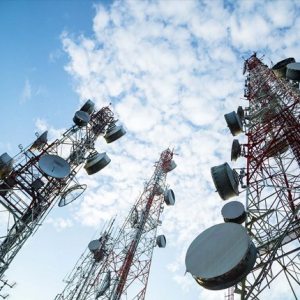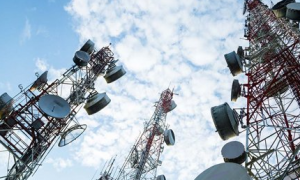
In response to a rising infrastructure sabotage, Nigerian telecom providers plan to create a Telecom Infrastructure Protection Trust Fund to finance the protection of essential equipment.
A recent meeting co-hosted by the Nigeria Information Technology Reporters Association (NITRA) and the Association of Licensed Telecommunications Operators of Nigeria (ALTON) focused on strategies to safeguard critical information and communication technology (ICT) assets in the country.
During the gathering in Lagos, the Nigerian Communications Commission (NCC) highlighted a staggering statistic: major mobile operators are facing over 1,100 fibre-optic cuts every week. Dr. Aminu Maida, the NCC’s executive vice chairman, represented by Edoyemi Ogoh, the director of technical standards and network integrity, expressed that this damage severely disrupts service reliability and threatens national security.
To address these issues, the NCC is set to implement stricter standards for fibre infrastructure and tower construction, launch public awareness campaigns, and collaborate closely with the Office of the National Security Adviser to align efforts with national security strategies.
Maida emphasised, “When vandalism happens, it’s not just the operators who suffer; ordinary Nigerians bear the brunt when vital services such as banking, healthcare, and emergency systems are compromised.”
ALTON chairman Gbenga Adebayo voiced similar concerns, criticising operators for neglecting essential security measures like perimeter fencing and CCTV surveillance. He pointed out the alarming growth of a black market for stolen telecom equipment, which often involves insider collusion.
“There is an urgent need for stricter penalties so that those caught face serious consequences,” Adebayo urged.
Chike Onwuegbuchi, chairman of NITRA, proposed creating a Telecom Infrastructure Protection Trust Fund to finance preventative strategies. He also highlighted the importance of educating local communities about the impacts of vandalism to sustain connectivity and protect critical services.


















